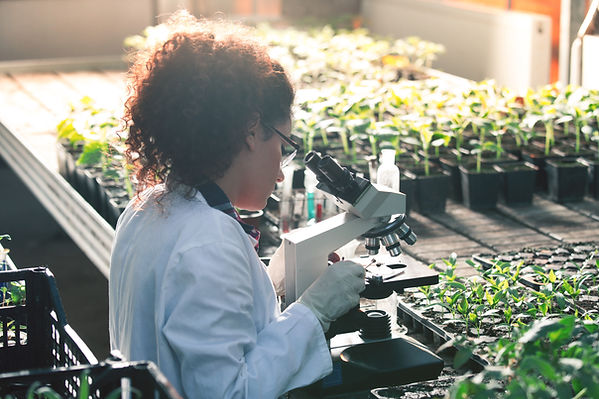With a world population forecasted to reach 10 billion within 2050, strained food supply and unsustainable environmental impact is reaching a critical point. Solutions are varied, but a primary driver of sustainable food supply will be alternative protein technologies. Using less inputs, such as energy, water, and land are not only good for the world, but also increasingly justified by cost reduction and safety measures. Moreover, with climate change reaching critical levels, increased regulation will further support and accelerate demand for innovation.
Primary drivers include:
-
Approaching pricing parity for lab-grown proteins to disrupt the many elements of animal production
-
Growing population and shrinking food resources (land, water, energy)
-
New generation of environmentally and nutritionally aware and motivated consumers
-
Increased scrutiny and risk exposed by covid on manufacturing, processing and logistics

Sustainability
New types of innovative foods and beverages for a sustainable future:
-
Cell-based proteins
-
Recombinant proteins
-
Plant-based proteins
-
Insect proteins
-
Plant-based alternatives
-
Agricultural innovation

Technologies
Products / solutions for food processing and / or functionality:
-
Cellular technologies
-
Robotics / automation
-
Smart / clean packaging
-
Artificial intelligence

Food Logistics
On-demand and flexible business models:
-
3PL cold chain & fresh food delivery
-
Fresh food inventory
-
Supply chain digitization
-
Waste, surplus and recycling management
-
IoT

Safety
Solutions for improving food safety and traceability in a post-covid world:
-
Blockchain food tracing
-
Smart packaging
-
Shelf-life solutions
-
Direct to consumer models



